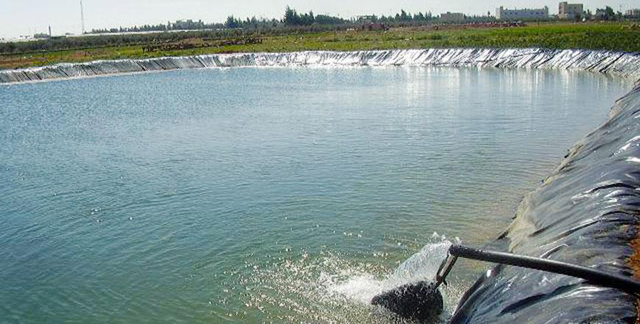You are here
Stringent laws needed to address prevalence of water theft — economists
By Rana Tayseer - Feb 19,2023 - Last updated at Feb 19,2023

Economists have called for stringent law enforcement measures to avert cases of water theft in Jordan, as the phenomenon has become a daily occurrence (File photo)
AMMAN — Economists have called for stringent law enforcement measures to avert cases of water theft in Jordan, as the phenomenon has become a daily occurrence.
Economist Wajdi Makhamreh highlighted the importance of stiffening penalties for water theft as a deterrent measure.
“We want tougher penalties for water thieves, and enhanced monitoring on main water pipelines. If water theft cases go unabated, they will affect the revenue and financial position of the water company,” Makhamreh told The Jordan Times.
Economist Hosam Ayesh said that water is continually syphoned illegally in the absence of strict legal measures to dissuade the thieves.
“A primary goal of those involved in such cases is to resell the stolen water to consumers. This practice leads to immeasurable economic losses, with the government bearing the brunt of rectifying the issue,” Ayesh added.
Water theft is a recurring problem in Jordan. In 2013, the Ministry of Water launched a dedicated campaign to crack down on water violations.
As of the end of 2022, authorities had sealed more than 1,300 illegal wells.
Those who abuse water carriers and mains, wastewater, pumping, purification or desalination stations; or who cause the pollution of water resources, pipes or stations used for drinking water; and those that dig or are involved in the digging of wells without obtaining a licence face a jail term of up to five years and fines of up to JD7,000, according to the current laws.
In addition, violators of water and wastewater projects will be jailed for up to three years and fines of up to JD5,000, according to the amended Water Authority of Jordan Law. All penalties stipulated under the new law are to be doubled in the case of repeat offences.
Related Articles
AMMAN — The Ministry of Water and Irrigation has detected new instances of water theft involving the Azraq-Khao pipeline where large quantit
AMMAN — Authorities have dismantled more than 24,500 illegal fixtures on water mains and resources since a national
AMMAN — Authorities uncovered three cases of alleged water theft during Eid Al Adha holiday, under which over 2,000 cubic metres of water we
















